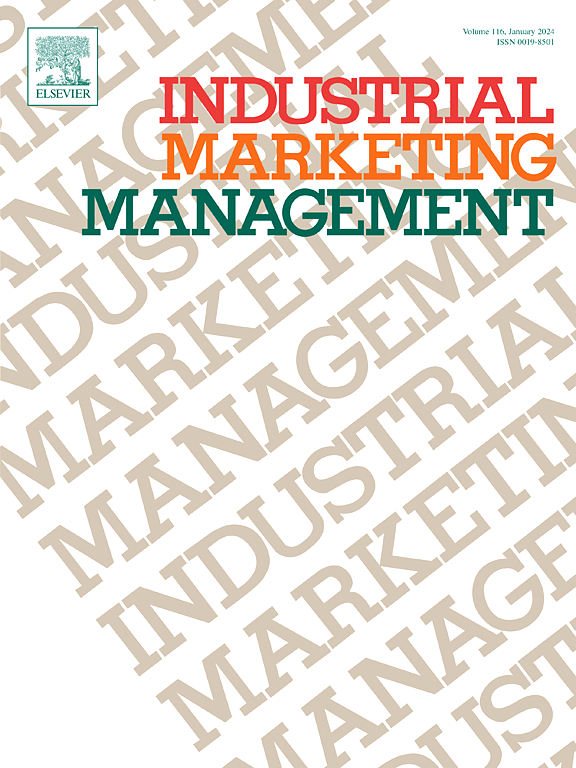Corporate social responsibility as an insurance-like asset: The new evidence from firm-specific product market threats
IF 7.5
1区 管理学
Q1 BUSINESS
引用次数: 0
Abstract
Corporate social responsibility (CSR) has long been recognized as an “insurance-like” asset that protects firms from external risks. In business relationships, CSR serves as a valuable asset that strengthens trust and fosters long-term partnerships with customers, suppliers, and stakeholders. However, there is still limited knowledge about how CSR impacts firm-specific product market threats that are tied to a firm's idiosyncratic competitive space. This type of threat is fundamentally different from the traditional concept of competition, which is typically based on aggregate industry classifications. Therefore, the link between CSR and product market threats genuinely demonstrates its safeguarding nature for firm success. We collect a large sample and employ a series of robust methods to investigate this relationship. Furthermore, we enrich our understanding by examining the moderating effects of firm business architecture variables, including related and unrelated diversification, vertical integration, organizational breadth, geographical diversification, and service intensity. The empirical results show that CSR plays a significant role in reducing product market threats, and this effect is stronger when firms lack protection from their business architectures.
企业社会责任是一种类似保险的资产:来自企业特定产品市场威胁的新证据
长期以来,企业社会责任(CSR)一直被认为是一种“类似保险”的资产,可以保护企业免受外部风险的影响。在商业关系中,企业社会责任是一种宝贵的资产,可以加强信任,促进与客户、供应商和利益相关者的长期合作关系。然而,关于企业社会责任如何影响与企业特殊竞争空间相关的企业特定产品市场威胁的知识仍然有限。这种类型的威胁与传统的竞争概念根本不同,传统的竞争概念通常基于总体行业分类。因此,企业社会责任与产品市场威胁之间的联系真正证明了它对企业成功的保障性质。我们收集了大量样本,并采用了一系列可靠的方法来调查这种关系。此外,我们通过检验公司业务架构变量的调节作用来丰富我们的理解,这些变量包括相关和不相关的多样化、垂直整合、组织广度、地理多样化和服务强度。实证结果表明,企业社会责任在降低产品市场威胁方面具有显著作用,当企业缺乏业务架构的保护时,这种作用更强。
本文章由计算机程序翻译,如有差异,请以英文原文为准。
求助全文
约1分钟内获得全文
求助全文
来源期刊

Industrial Marketing Management
Multiple-
CiteScore
17.30
自引率
20.40%
发文量
255
期刊介绍:
Industrial Marketing Management delivers theoretical, empirical, and case-based research tailored to the requirements of marketing scholars and practitioners engaged in industrial and business-to-business markets. With an editorial review board comprising prominent international scholars and practitioners, the journal ensures a harmonious blend of theory and practical applications in all articles. Scholars from North America, Europe, Australia/New Zealand, Asia, and various global regions contribute the latest findings to enhance the effectiveness and efficiency of industrial markets. This holistic approach keeps readers informed with the most timely data and contemporary insights essential for informed marketing decisions and strategies in global industrial and business-to-business markets.
 求助内容:
求助内容: 应助结果提醒方式:
应助结果提醒方式:


